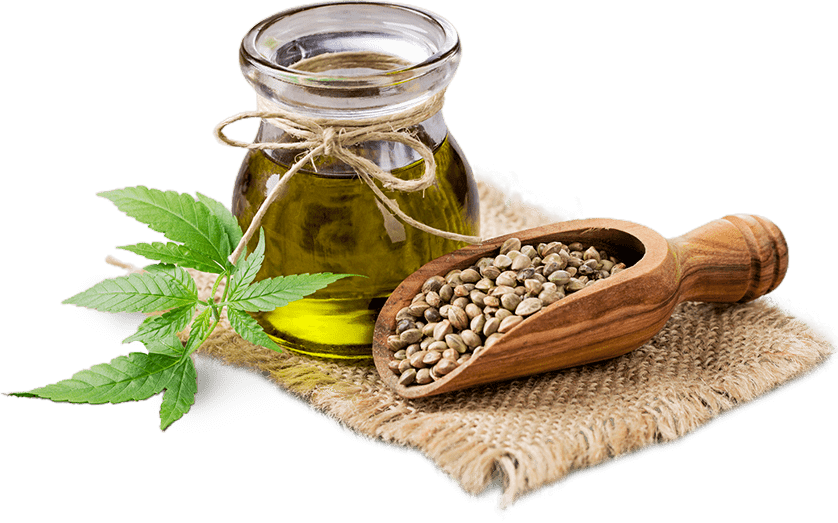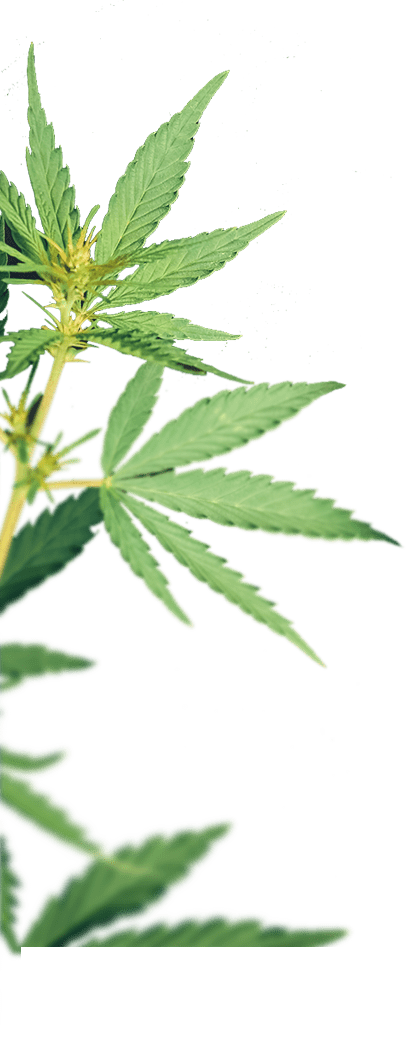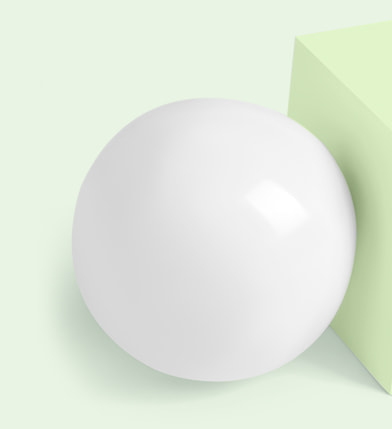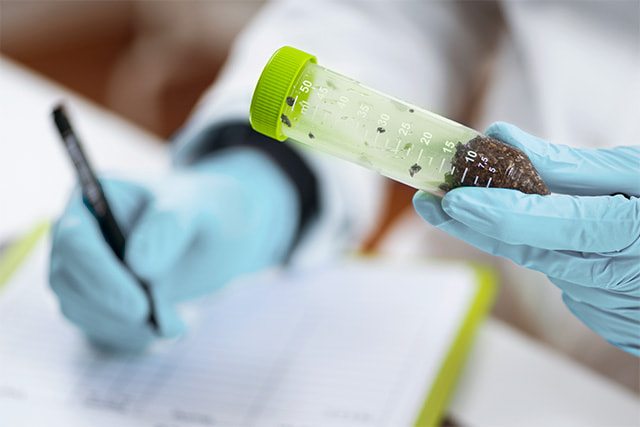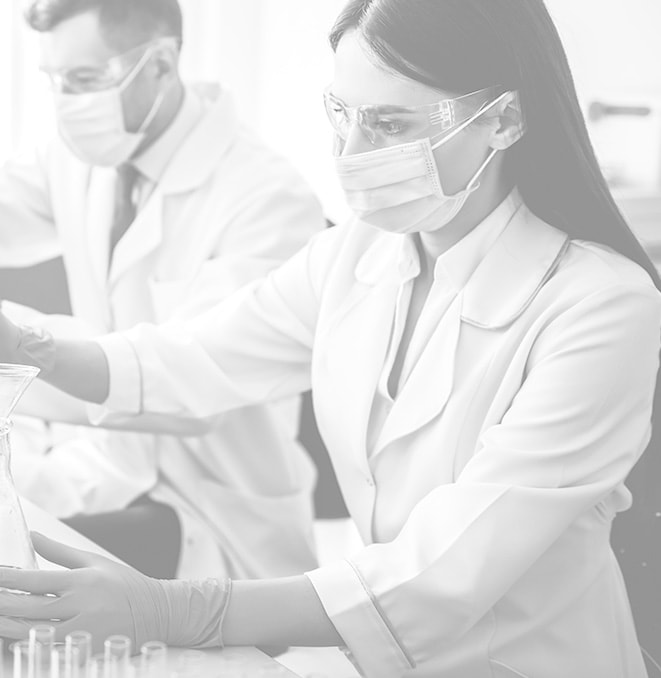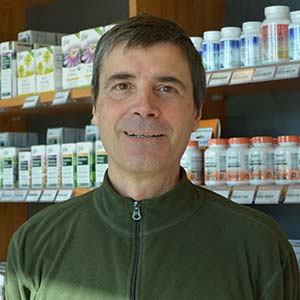
Plant & Flask is my full-service resource for a wide assortment of phytocannabinoid dosage forms. As a pharmacist with years of experience working in compounding pharmacies, my endorsement of a cannabis company would require that similar best practices be incorporated into their standard operating procedures in regard to product formulation. Plant & Flask does this and more.
Having also co-owned a health food store for nearly 20 years, the ability to curate for quality and value was an absolute requirement. Plant & Flask's team takes a similar approach when sourcing for BOTH active AND inactive ingredients, as well as the containers for their product.
In summary, Plant & Flask manufactures a consistently reliable product at a very fair price point, that I can trust.

